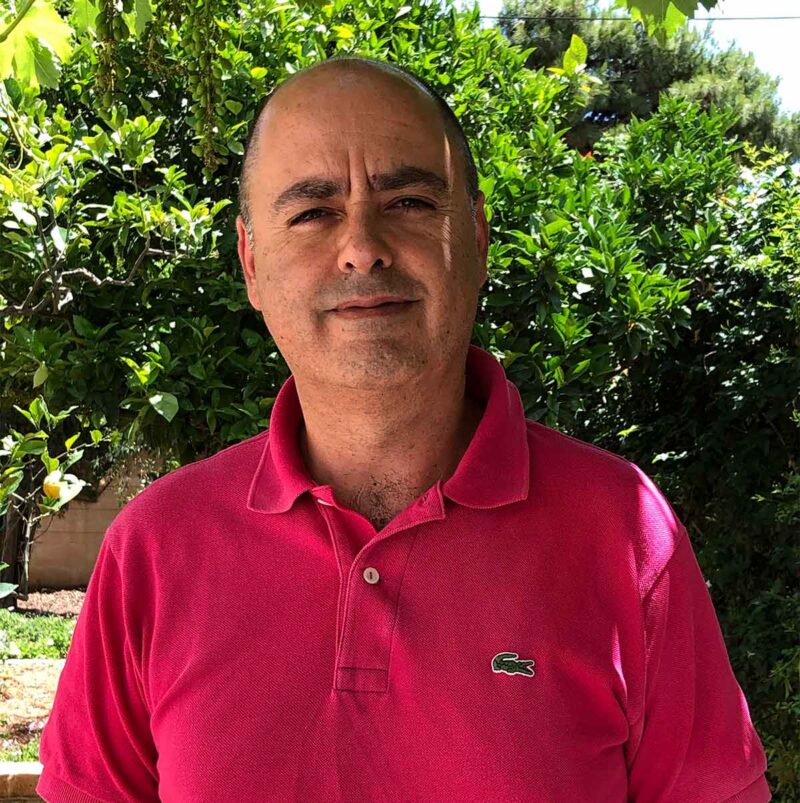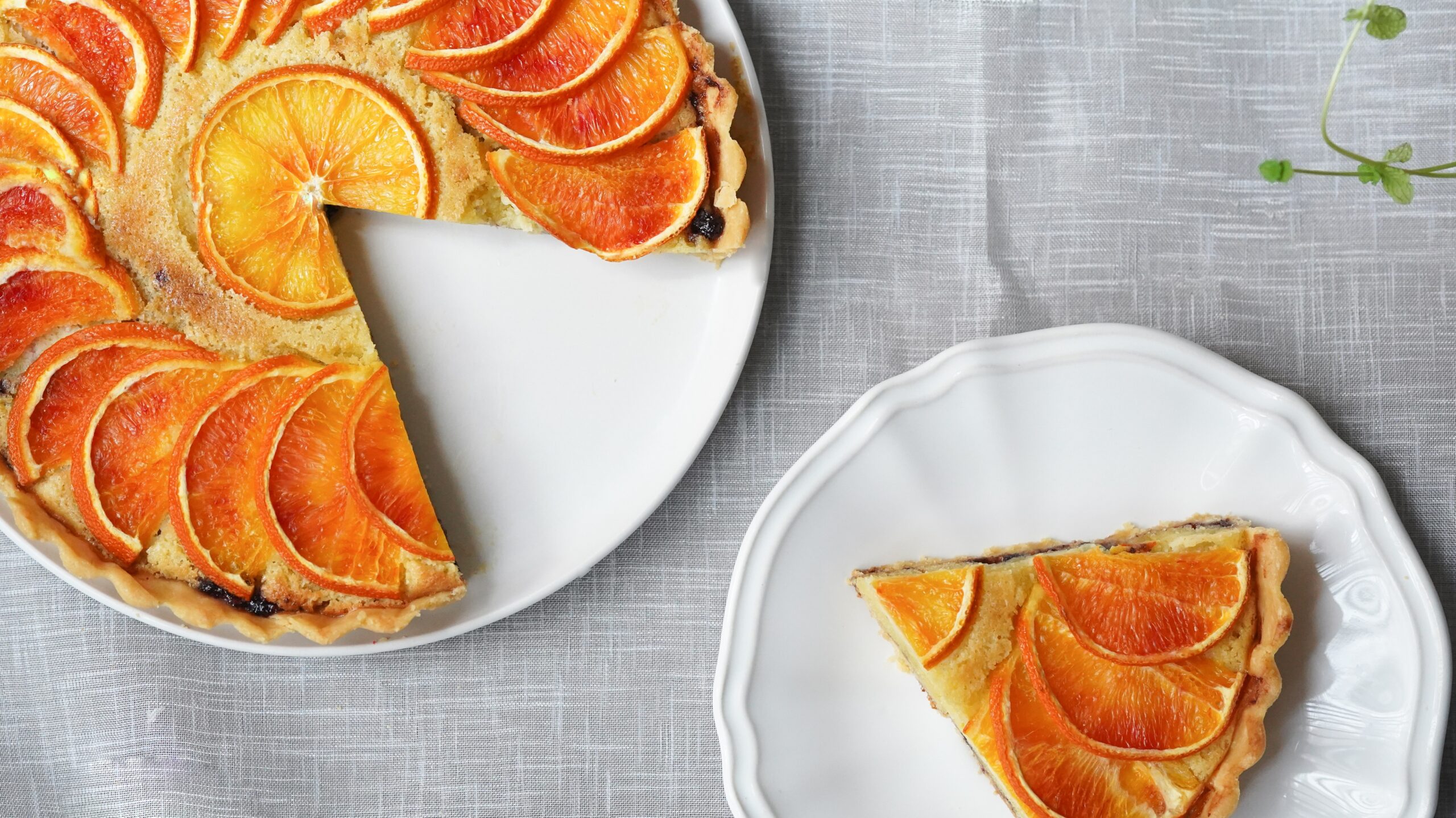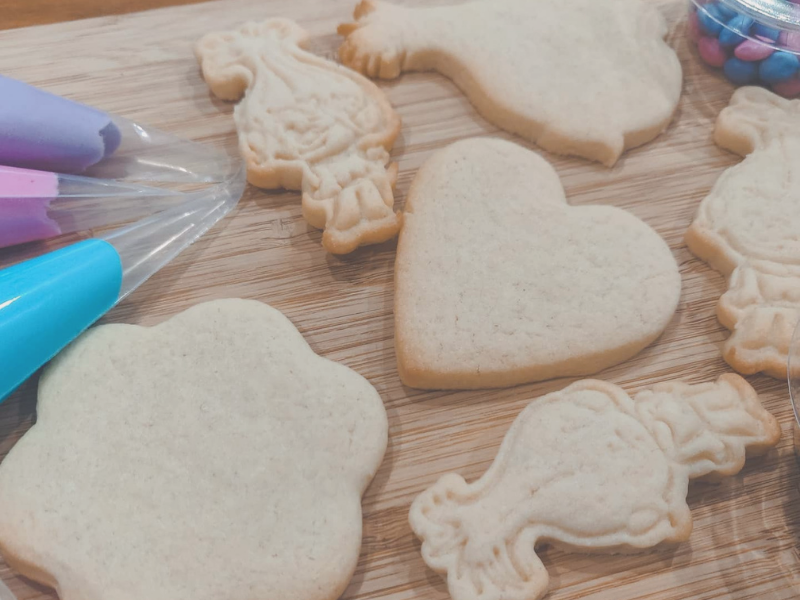While our focus has been almost exclusively – and very understandably – on COVID-19 over the past few months, many of us are starting to think that we need to turn some of our attention back to our family’s overall health and wellbeing. Here we chat to Dr Anton Briffa, resident GP at Stella Maris Pharmacy in Sliema and a family medicine specialist, for his advice and insight into the bigger picture post-lockdown.
Our focus for the past few months has been on the coronavirus. COVID aside, how should we be ensuring that we keep our families as healthy as possible despite these unusual circumstances?
A lockdown of two months is gruelling for everyone. I am particularly conscious that our mental wellbeing has not been given much focus but is extremely important. First of all, we must eat well and sleep well to boost our immune system. In addition, some form of exercise will help mind and body, providing it is appropriate to the individual’s capabilities. Even vulnerable persons can’t be kept inside forever, so they have to be clever – they should go to spots where there are few or no people, and ensure that they get some sun whenever they can because Vitamin D is critical for a strong immune system.
Also, as a GP, I think it is key that we don’t ignore other physical problems – doctors are not too busy to see you if you think something is wrong, and we definitely don’t want to ignore non-COVID issues. We would like to see you and deal with any problem you have. I do worry about identifying problems in the coming months that could have been spotted earlier. We may see some poorer outcomes as a result.
Some people have felt nervous about bringing their children to the doctor for routine things such as vaccinations during lockdown. What is your advice to parents who feel that way?
It is absolutely wrong to forget about everything else, particularly vaccinations. Perhaps it was understandable to postpone for a month or two during the acute stage of this pandemic but you must take you children to get their vaccinations. We have seen what happens when large enough numbers decide not to vaccinate – Northern Europe is suffering their first measles outbreak for many years – and we mustn’t let that happen with other easily-vaccinated diseases.
Myself and many of my fellow GPs have eliminated walk-in clinics, so visits are by appointment-only so we can eliminate contact time with other people. Everyone should wear a mask or a visor when attending the surgery, and clinics are routinely disinfected with open windows to ensure ventilation. Doctors wear PPE to protect you and them. This means the risk to you or your children is very limited if you need to go to see your GP.
Many children have spent much less time outside or have had little chance to exercise during the pandemic. Should we worry about this and what can we do to lessen the impact?
Many of us have put on weight during lockdown, including children. We’ve also has less exposure to Vitamin D because we have been indoors, and this isn’t good news mentally or physically. Even if you are at home, you need to keep moving. Online exercises can be really fun and the whole family can join in. If you are lucky enough to have outside space, get your children out there as much as possible.
Lockdown isn’t going to be permanent so don’t worry too much about the impact on your children’s health and fitness. Non-contact sports have restarted already and football will resume later in June. Don’t worry – this is temporary but get creative in any way you can to encourage your children to stay fit and active.
Will our children have poorer immunity when school starts in October if they have been inside for so long? How can we strengthen their immunity now to avoid them catching everything when they return to the classroom?
There is not going to be a dramatic drop in immunity but there is possibly going to be a little fall out because of the measures we have had to take. 95% of Vitamin D comes from sunshine, so limited access is going to make a difference to our overall wellbeing. However, I wouldn’t generally advise that young, healthy people should rely on supplements. A good diet, sleep and exercise will ensure a robust immune system.
That aside, the one thing I think is absolutely critical when schools go back is that everyone – and I am inclined to think it should be mandatory for the whole population – gets their flu vaccine. Flu makes a mess of our hospitals every year and, unfortunately, we have many more months of living with COVID to go. So it is extremely important that everyone helps themselves and the hospitals by getting the flu vaccine this autumn.
What will be your lasting memories as a doctor during COVID-19?
It’s only human to be a little scared of something like this. I have close ties with Italy so, when hearing about doctors dying there – many of whom were GPs, I wondered if Malta would be next to suffer so severely. I had to self-isolate from my family during the acute weeks of the pandemic because, although my volume of patients was far less, you just didn’t know who was going to walk into the clinic and everyone felt at risk.
That said, some of the dramatic and really creative changes I have made to my practise as a GP have been incredibly positive and I am very unlikely to return to old ways. I have been a GP for 23 years and, if you had told me several months ago that I would have been working on an appointment-only basis or, even more surprisingly, using video consultations and actually finding them useful, I wouldn’t have believed you. We have seen a major revolution in how we practise due to COVID-19, and a lot of it feels really positive.
Got questions for Dr Briffa. We’ll keep in touch and pass on replies. Add your questions in the comments below or email editor@minimalta.com

Dr Anton Briffa
Resident GP at Stella Maris Pharmacy in Sliema and a family medicine specialist.


